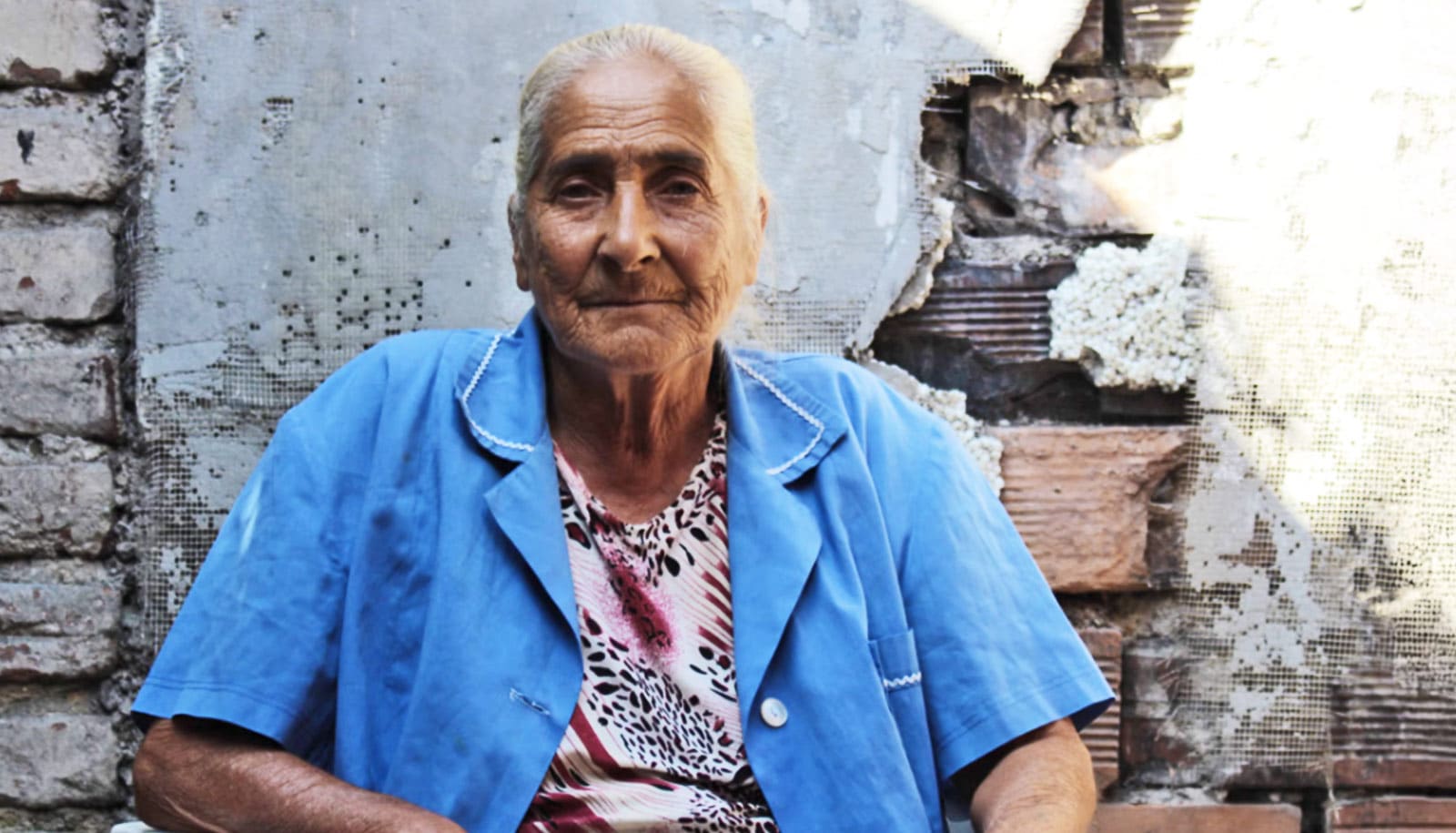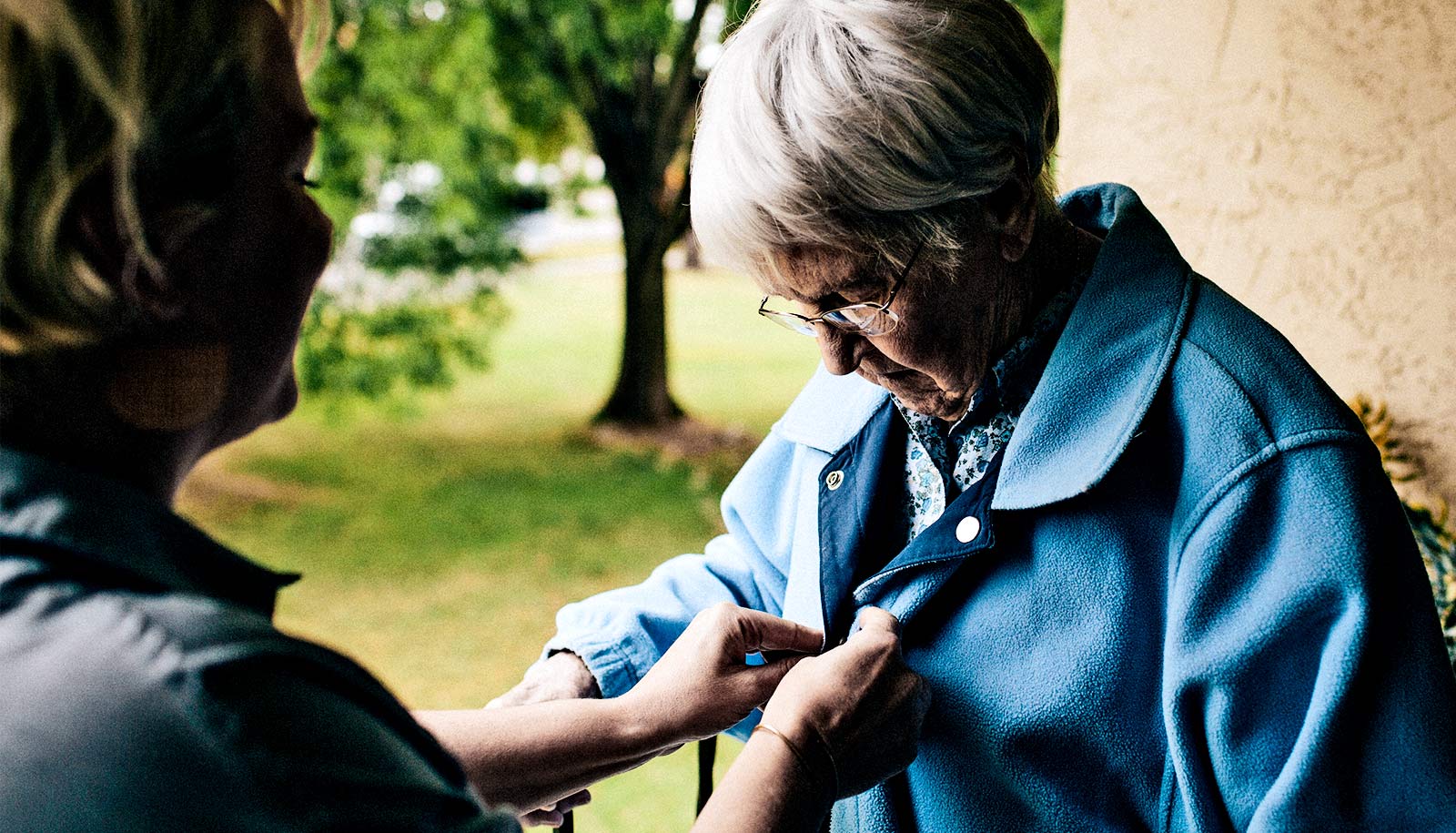Black men who have been incarcerated and have a close relative in jail or prison are three times more likely to be obese than are other black men, research shows.
Researchers used data from the 2001-2003 National Survey of American Life, which includes a nationally representative sample of 1,140 black men, to examine the rate of incarceration among these men and their family members and adjusted for factors such as age, income, education, health insurance, and physical activity.
“…mass incarcerations scar lives—and results in higher rates of obesity for black men—because of the myriad traumatic events that take place… “
The odds of being obese decreased by 42 percent for men who had been incarcerated but had no close family members incarcerated. Obesity was defined as a body mass index of 30 or greater.
According to the Centers for Disease Control and Prevention, the obesity rate for black men in the United States is 37.9 percent.
One possible explanation for the findings is that previously incarcerated black men with no family in jail or prison may be motivated to make a fresh start and embrace healthful habits, says Tony Brown, professor of sociology at Rice University and lead author of the paper in Ethnicity and Disease.
But, black men with criminal records and close family members in jail or prison may be subject to stressors (such as physical separation from a loved one, problems adjusting to life on the outside, and empathy for their incarcerated family member), which may cause them to overeat.
Parole violations send felons through prison’s ‘revolving door’
“We think our work clearly demonstrates that mass incarcerations scar lives—and results in higher rates of obesity for black men—because of the myriad traumatic events that take place during and after incarceration, and because already vulnerable families experience collateral consequences.”
The findings demonstrate that former and familial incarceration cannot be discounted when examining risk for obesity among black men. Further, the study establishes that women and children connected to incarcerated black men are not the only people who suffer health consequences when family members are in jail or prison.
Source: Rice University



